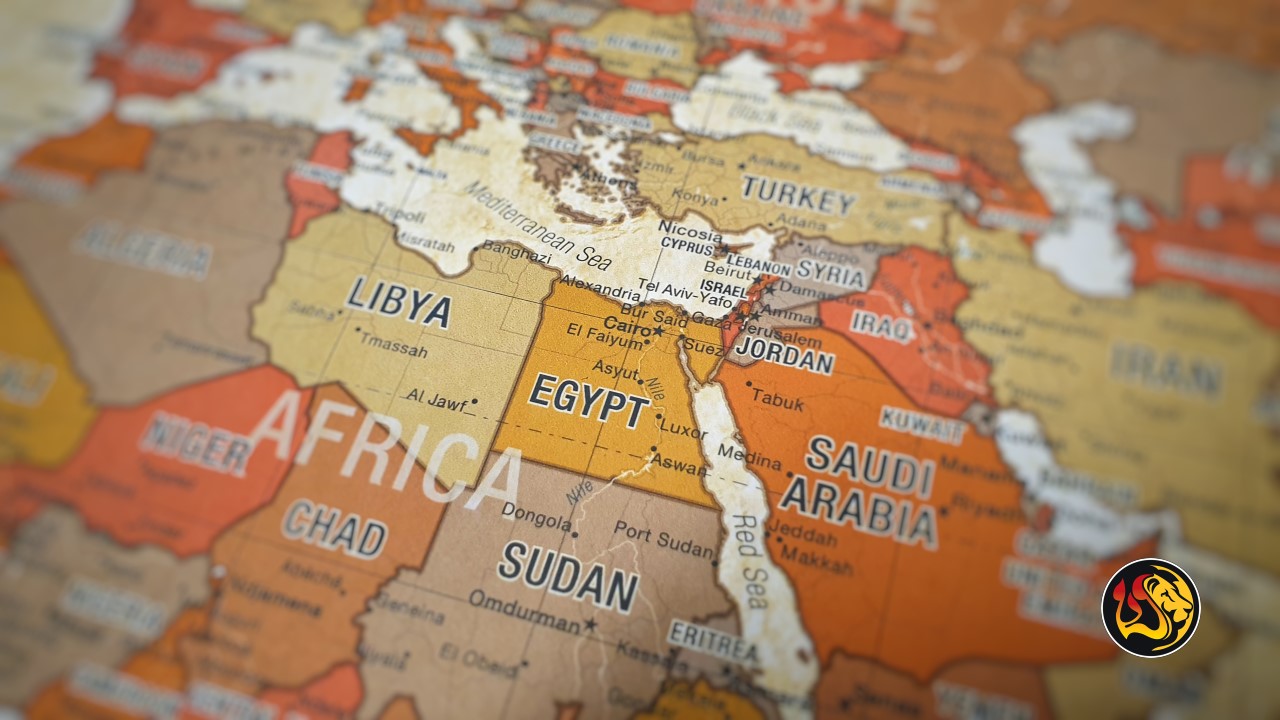By Stefan J. Bos, Chief International Correspondent Worthy News
(Worthy News) - Several Christian students in southern Egypt were beaten after being told to remove pendants or bracelets bearing a cross, rights activists said.
The order reportedly came last week from a headmaster and other teachers at a school in the Ezbat Beshri area of Samalout city in Egypt's Minya Governorate region.
Advocacy group Christian Solidarity Worldwide (CSW) confirmed that some Christian students at Al-Thawra school were “beaten by teachers and Muslim students” after the order was given.
In at least one incident, a female teacher beat a Christian student and encouraged other students to attack him, snatch his pendant and destroy the cross, CSW said.
It is a common tradition for Egypt’s Coptic Christians to wear the symbol of the cross or tattoo it on their wrists.
Nader Shokry, a Christian journalist covering sectarian incidents, noted that “an investigation and the directorate of education is following up the incident.”
SECTARIAN INCIDENTS
However, “Things have changed from the past, sectarian incidents still occur, but there is a quick response now, and things are dealt with more quickly,” the journalist stressed.
CSW’s President Mervyn Thomas told Worthy News that his group “welcomes the quick response of the Egyptian authorities on this occasion.”
But, he said, “We call upon them to hold those responsible for this appalling behavior accountable.”
Thomas added that CSW remains “concerned that this conduct was encouraged and joined in by teachers, and call for appropriate measures to be taken against them.”
He said that CSW has noted the “personal commitment” of Egypt’s President Abdel Fattah el-Sissi “to reform religious education and combat extremism and hate speech.”
Yet, “We continue to call upon the Egyptian authorities to extend these reforms to include unrecognized religious groups” including several Christian groups, Thomas explained.
Christians comprise roughly 10 percent of Egypt’s mainly Muslim population of more than 106 million people.

